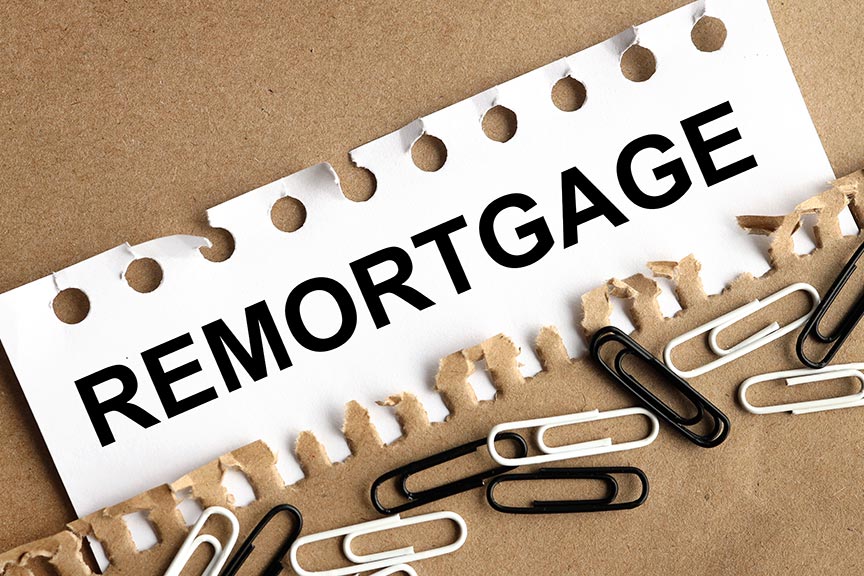Re-mortgaging your home can be a strategic financial move, offering the opportunity to secure a better deal, lower your monthly payments, or release equity for important life events. However, the process can be complex. By the end of this post you will have some valuable tips to help you navigate your upcoming re-mortgaging, so that you can handle it with confidence and secure the best possible deal for your circumstances.
1. Start Early and Do Your Research
Begin researching and comparing mortgage deals several months before your current deal ends. You can start shopping around for your new mortgage six months before your current deal comes to an end. Understanding the market and your options is key to making an informed decision and that is why it is important to start earlier rather than later.
Just because you secure a deal it doesn’t mean that you are stuck with that rate if things change. If a more favourable rate comes along after you already have a new deal secured (and as long as the new deal hasn’t started) you can always move and get a better rate.
2. Check Your Credit Score
A good credit score is crucial for securing a favourable re-mortgage deal. It is a good idea to obtain your credit report, and be sure to address any issues that may have an impact on your mortgage application or credit. Making sure that your accounts are all up to date and that you have minimal new credit searches carried out can make a big difference to finding the right lender.
3. Evaluate Your Financial Situation
Assess your current financial status, including your income, expenses, and outstanding debts. Lenders will review your finances to make sure that any new mortgage you are taking is affordable, so being financially organized is essential.
4. Consider Your Long-Term Goals
Think about your future plans. Do you plan to move, start a family, or retire soon? Your long-term goals should influence the type and term of the re-mortgage you choose.
5. Understand the Costs Involved
Re-mortgaging can involve various fees, such as arrangement fees, valuation fees, and legal costs. Calculate what these potential fees could be and factor them into your decision-making process.
6. Avoid Short-Term Gains for Long-Term Pain
While lower monthly payments might seem attractive, be cautious about extending your mortgage term. While your monthly payments may decrease, you could end up paying more interest over the long run because you are paying the mortgage over a longer period of time.
7. Beware of Early Repayment Charges
If you’re considering re-mortgaging before your current deal ends, be aware of any early repayment charges. These fees can significantly impact your savings and should be factored into your decision.
8. Be Honest and Accurate in Your Application
Provide accurate information during your mortgage application. Misrepresenting your financial situation can lead to your application being rejected or your mortgage deal becoming void.
9. Review Your Insurance
Alongside your re-mortgage, review your essential insurance requirements such as home insurance, life insurance, and other protection policies. The policies that you have in place already may not be fit for purpose if you have had a change in circumstances since taking them out. You may also find better deals elsewhere, which will save you money in the long term.
10. Seek Professional Advice
A mortgage advisor can be invaluable in helping you navigate the re-mortgaging process. Here at Quick Mortgages we are a whole of market form meaning that we have access to a wide range of deals and can offer fee free and personalised advice based on your unique situation.
If you are ready to explore re-mortgaging options and want to make sure that your new mortgage is tailored to your financial goals, contact us today for and get personalized guidance and expert advice to make the right move for your financial future.
THINK CAREFULLY BEFORE SECURING OTHER DEBTS AGAINST YOUR HOME. YOUR HOME OR PROPERTY MAY BE REPOSSESSED IF YOU DO NOT KEEP UP REPAYMENTS ON A MORTGAGE OR ANY OTHER DEBT SECURED ON IT.
